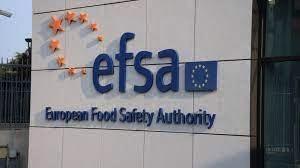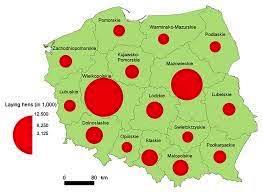 Following an audit of food safety in Poland by a national agency (NIK), severe deficiencies in regulation of food safety were apparent. The NIK analyzed nine inspections and reviewed audits conducted by the European Commission on Food Safety. Defects included overlapping of jurisdiction among domestic agencies, lack of communication, incompetent personnel, inadequate funding and delayed response to disease outbreaks both in domestic products and those exported to other E.U. nations.
Following an audit of food safety in Poland by a national agency (NIK), severe deficiencies in regulation of food safety were apparent. The NIK analyzed nine inspections and reviewed audits conducted by the European Commission on Food Safety. Defects included overlapping of jurisdiction among domestic agencies, lack of communication, incompetent personnel, inadequate funding and delayed response to disease outbreaks both in domestic products and those exported to other E.U. nations.
Since 2016, Salmonella Enteritidis (SE) outbreaks among consumers in 18 E.U. nations have been traced back to eggs produced in Poland. Outbreaks of SE in nine E.U. nations between May 2018 and December 2020 were attributed to chicken products. By September 30th 2020 states within the E.U. submitted 273 reports to the E.U. Rapid Alert System for Food and Feed relating to products from Poland.
 It is a matter of fact that an investigation into SE outbreaks due to eggs, disclosed serious deficiencies in sampling and assay. These deficiencies were clearly countenanced by veterinary officials apparently favoring packing stations exporting eggs. This was to the detriment of consumers and the image of the national industry.
It is a matter of fact that an investigation into SE outbreaks due to eggs, disclosed serious deficiencies in sampling and assay. These deficiencies were clearly countenanced by veterinary officials apparently favoring packing stations exporting eggs. This was to the detriment of consumers and the image of the national industry.
It would appear that the solution to problems arising from Poland will require the establishment of a central food safety agency in that Nation authorized to develop and regulate standards. The Agency would have to be empowered to initiate recalls and generally raise the awareness of food safety among producers, irrespective of cost or political considerations. Anything less will seriously degrade the image of food products exported by Poland, necessary to support their agricultural economy.